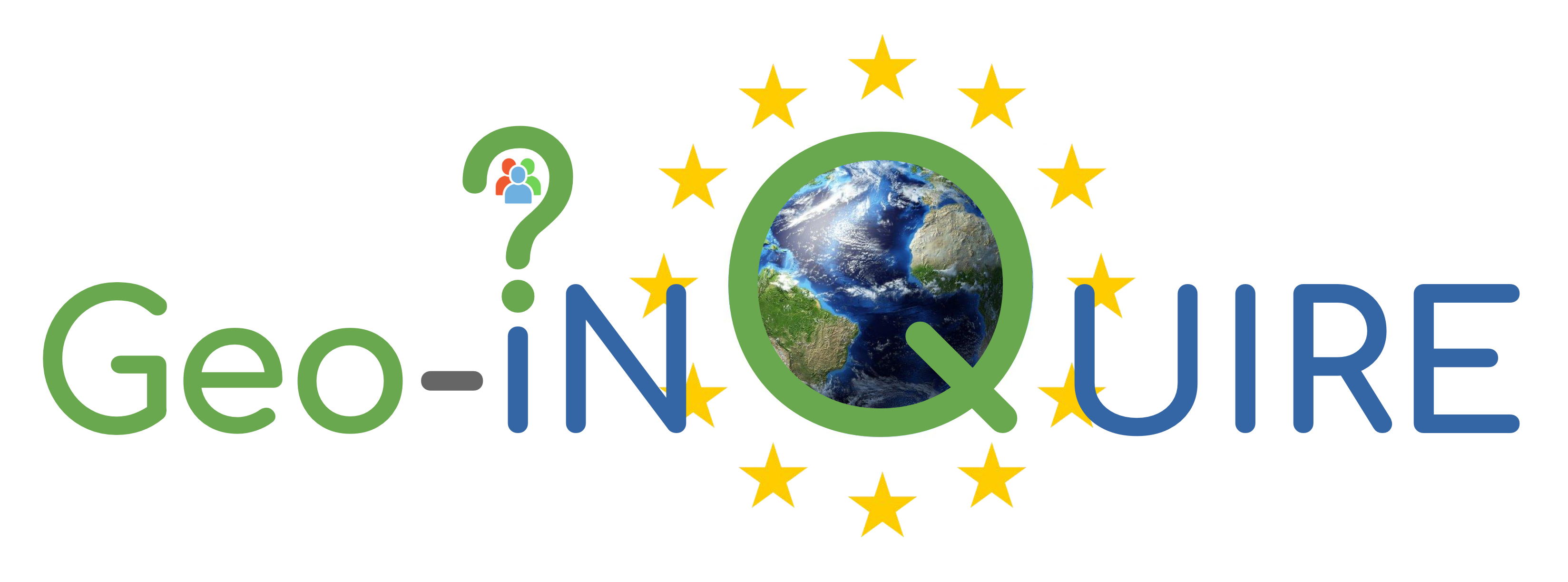PVHA - Probabilistic Volcanic Hazard Assessment (TA2-541-1/TA2-541-2)
This installation is not open in the 3rd call.
1. Hosting Institution
Physical and remote: Istituto Nazionale di Geofisica e Vulcanologia (INGV), Bologna Section, Italy
Remote: Consejo Superior de Investigaciones Científicas (CSIC), Spain
Remote and HPC resources: Consorzio Interuniversitario (CINECA), Italy
2. Description
The service provides transnational access to a workflow (Ch-PVHA) to perform long- and short-term probabilistic volcanic hazard assessment (PVHA) for tephra fallout at ground and ash concentration at flight levels for a specific volcano, possibly at high resolution (2km x 2km) and on large-scale domain (2000 km x 2000 km).
The Ch-PVHA workflow updates Bet-Tephra Python software package, and is based on the Bayesian Event Tree methodology. It uses the WMS-light and interacts with the ash dispersion model FALL3D to simulate a large number of possible eruption scenarios and perform PVHA.
3. Services offered
Transnational Access to ChEESE-CoE physics-based High Performance Computing workflows for Probabilistic Volcanic Hazard Assessment (PVHA) will be granted, to allow realization of models at high resolution and large ensemble size for improved accuracy and uncertainty quantification.
The Ch-PVHA Workflow integrates the Fall3D open-source computational engine and several pre- post-processing and data analysis routines (e.g., ERA5) to generate hazard curves with epistemic uncertainty related to the tephra fallout generated by volcanic explosive activity (accumulated on the ground or airborne ash concentration).
The service will be provided through trans-national access (TA), including training, co-design of the experiment, computational resources, and assistance for all phases during a physical stay.
4. Modality of access
- A maximum of 1 access that will consist of up to: 3 weeks of in-person access, 2 weeks of remote support /access to INGV (Bologna), and 3 weeks of remote support/access to CSIC. TA grants will cover the costs for travel and subsistence for the in-person period.
- Access, in total, to maximum 4.5 million core-hours computing time on the Galileo100 supercomputer at CINECA and 0.5 weeks of remote support.
Concerning point 2, remote support and access to in-kind computer resources at the hosting institution is also possible, where available and technically meaningful.
5. Support
The TA will take place at INGV-BO, and will include (i) remote and on-site training to the FALL3D model (with CSIC) and to the Ch-PVHA workflow (with INGV-BO), and (ii) access to such workflow to perform long- and short-term probabilistic volcanic hazard assessment for tephra fallout at ground and ash concentration at flight levels for a specific volcano, at high resolution and on large-scale domain.
Personalized training and support for the definition of the scientific problem, settings of the simulation cases, HPC run of data analysis and elaborations, dissemination of products (e.g., scientific reports, papers), uptake of the simulation results on the Simulation Data Lake at CINECA. HPC budget is offered to perform the simulations.
6. Additional information
Target community/Users: Researchers, Students, Hazard Practitioners
More information:
7. Contact person
Laura Sandri (laura.sandriingv.it), Arnau Folch (afolch
geo3.bcn.csic.es)
